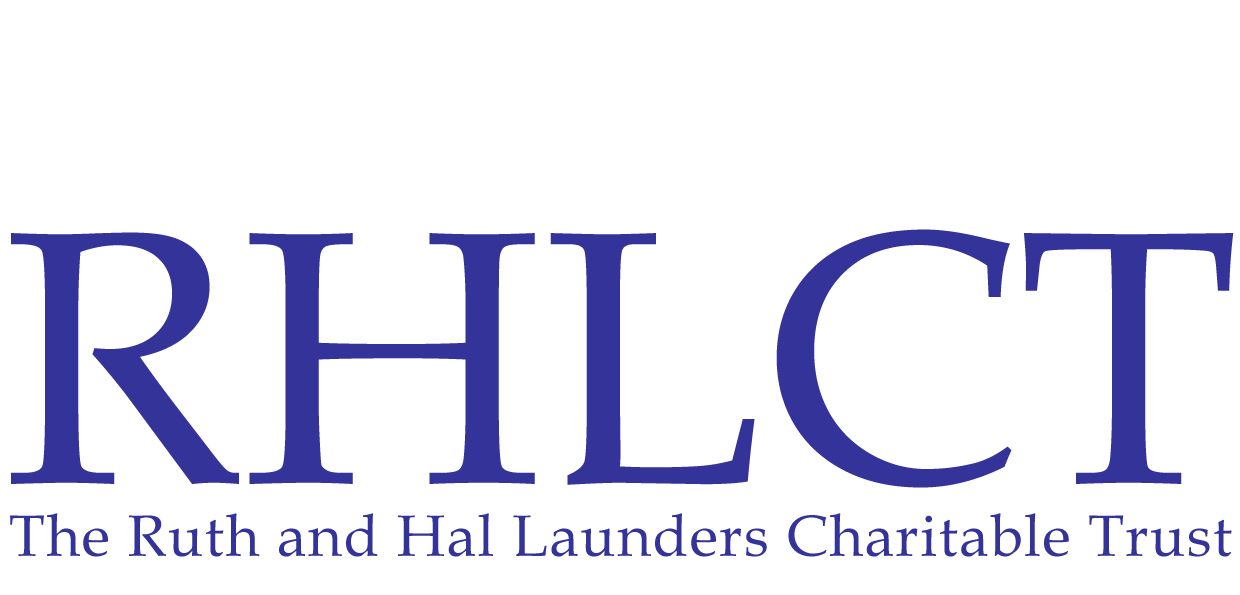In the United States, women are finally being encouraged to speak out and bear witness to their experiences of sexual harassment and assault. Many with access to a media platform have seized the opportunity to tell their stories. But what about those in remote, cut-off parts of the developing world who suffer in silence?
There are millions of women and girls without the means to report that they have been assaulted and raped, especially in arid, Sub-Saharan countries where they often need to walk, unprotected, for miles every day to fetch water in remote areas. Fearing retribution for speaking out against their attackers, most remain silent. In addition to suffering physical, mental, and emotional damage, many end up pregnant and infected with sexually transmitted diseases. For most of the young girls, their lives have been irrevocably changed, offering little hope for their future.
One of the most practical ways to reduce the vulnerability of such women and girls is to eliminate the need for them to leave their villages to search for water. With support from the Ruth and Hal Launders Charitable Trust over several years, the Solar Electric Light Fund (SELF) was able to provide water for drinking as well as irrigation through its Whole Village Solar Electrification project in the communities of Bessassi and Dunkassa in Benin in West Africa. This project changed forever the lives of the women and girls there. No longer do they have to fear the threat of brutal attacks when collecting water. So successful was the Launders-supported project in Benin that SELF is about to launch a similar one in Uganda.
Of course, solar-powered pumps alone cannot prevent every sexual assault. Our intent is that the technology will be coupled with education, public outreach, and strictly enforced laws to protect the women from inappropriate and often brutal assaults.
Whether in a remote village in Uganda or in a modern urban setting in the industrialized world, women deserve to live with dignity and the confidence that they are safe from predation. While the revolution has begun in the U.S., let us not forget the women in Sub-Saharan Africa—and elsewhere in the developing world—who can start to affect change with something as basic as a solar-powered water pump.


Recent Comments